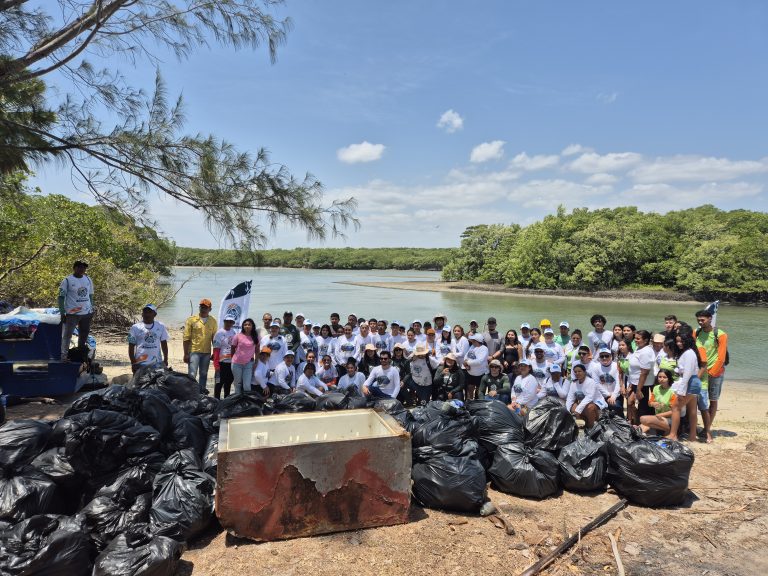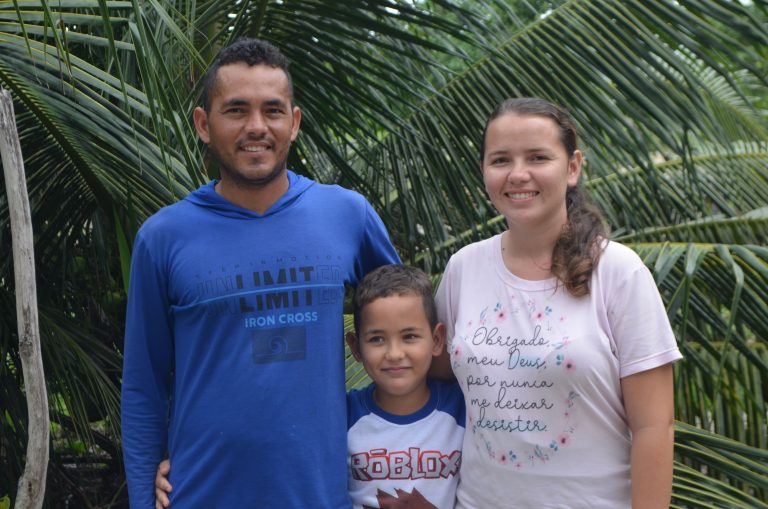Assentamentos em Ação
Areas of expertise: Curu and Aracatiaçu Valleys and Central Backwoods (2009-10)
Beginning: The technical assistance to federal settlements starts in 2005 as a convention,
but as a public call the beginning happens in 2010.
Family farming in Brazil is marked specially by its diversity; there are several groups connected to different cultural nuances and heritages, which were developed from accumulated local and/or regional experiences and needs, going through the availability and characterization of landscapes, climas, soils, economic-productive contexts and even the access to public policies like credit, land reform and technical assistance.
We know historically that the rural environment, especially the Northeast, was built in Brazilian imagination in a negative social representation, related to poverty, the opposite of civilization, with no cultural potentialities and late, unlike the modernization found in urban space. In spite of, family farming is responsible for the production of most of foods that reach the population table, offering an important contribution to the country food safety and nutrition. Furthermore, it condenses a set of productive socioeconomic and cultural aspects which accounts for the whole market.
In this way, this project brings the proposition to strengthen and improve the experience of family farmers, allying human being and environment with concrete actions for a sustainable handling and preservation of biodiversity intrinsic to healthy food production with agroecological practices incentive. The project’s main idea is to provide a quality technical assistance and rural extension (ATER), along families in settlement areas, facing natural issues through the promotion of actions for the consolidation of a sustainable and solidarity rural development, according to the reality of each settlement, strengthening family farming and valuing the several subjects existing in rural area, highlighting women and youth.
The principle of the rural technical advisory is to meet agroecological transition processes through participatory methods that prioritize the dialogue, making possible the reflection and the socialization of the specific knowledge acquired, building the agroecological knowledge and putting together popular and scientific knowledge, the last one being represented by the technician. Although insure the food safety and nutrition of the
families is the main issue, the earning of income through marketing surpluses is also developed and, besides de productive issue, there is also assistance to the social organization and to education.


